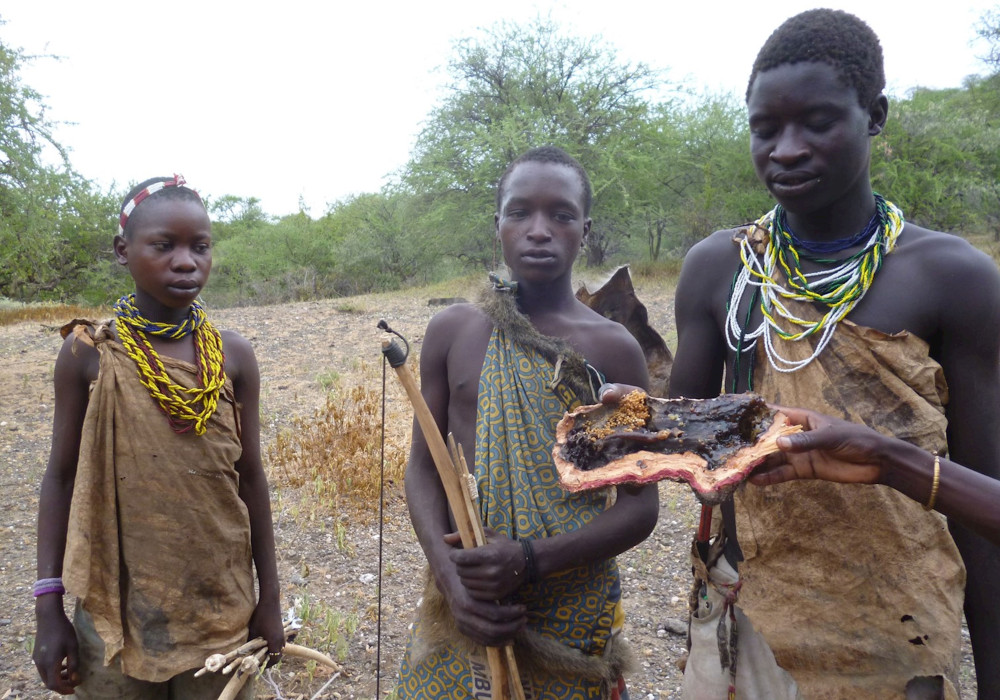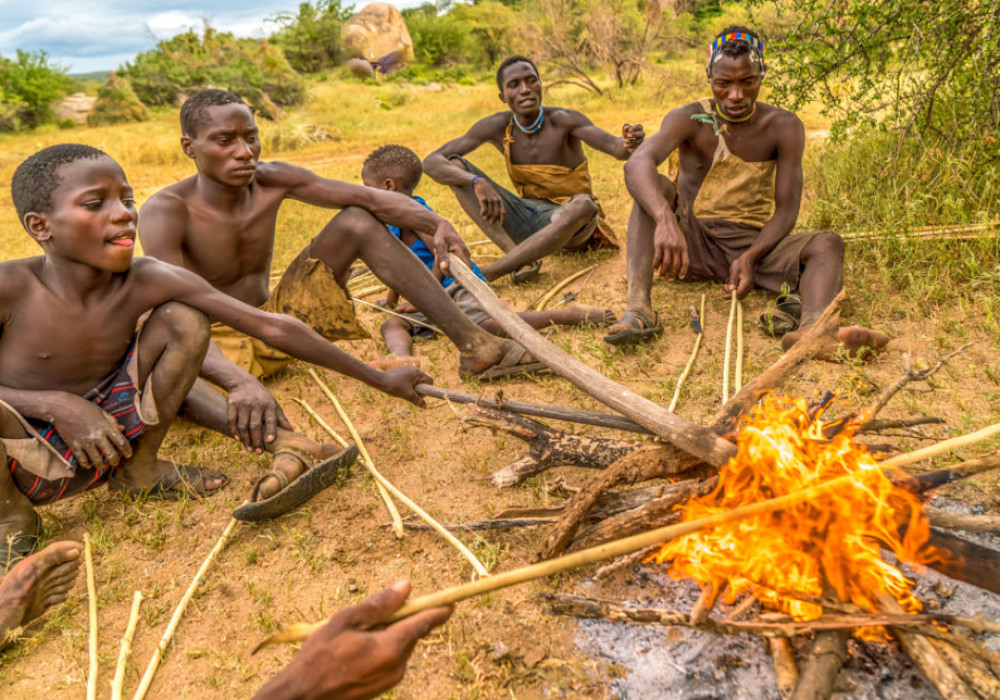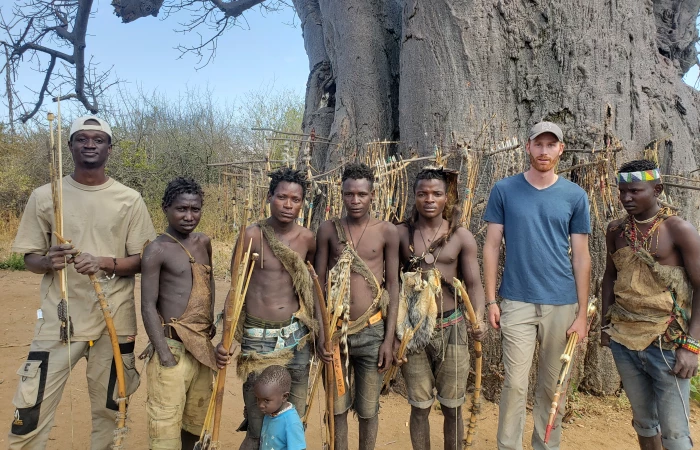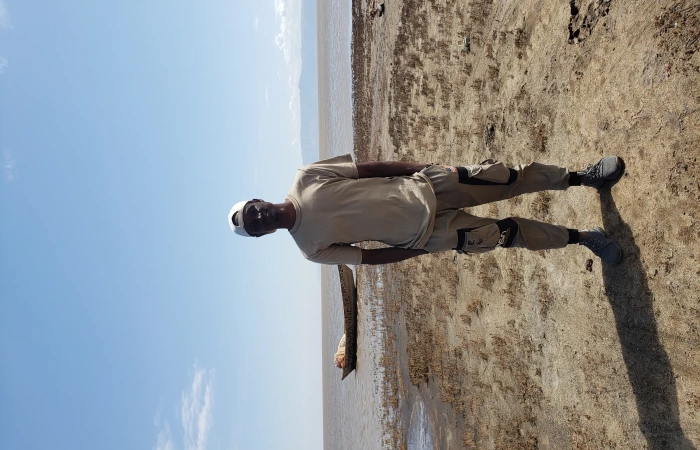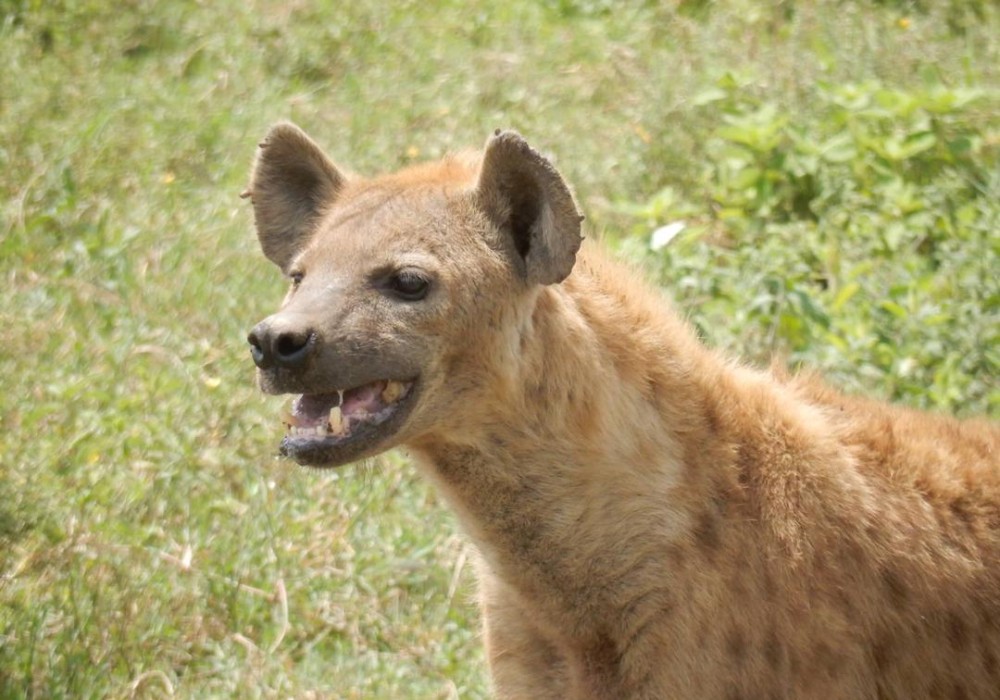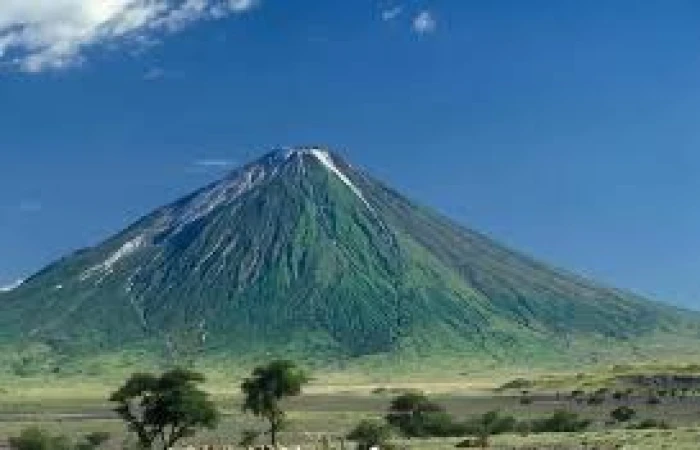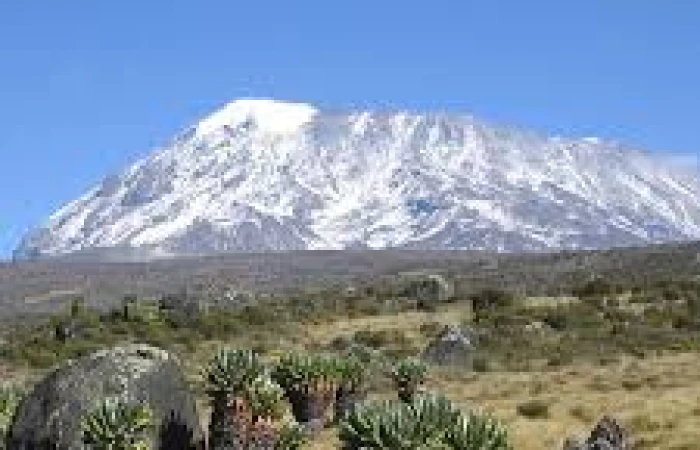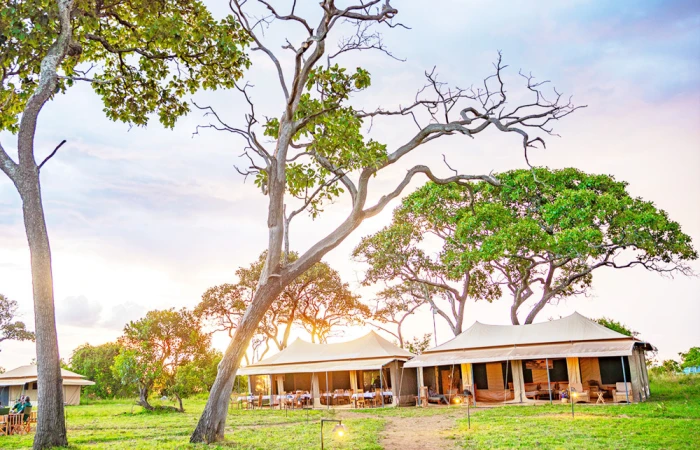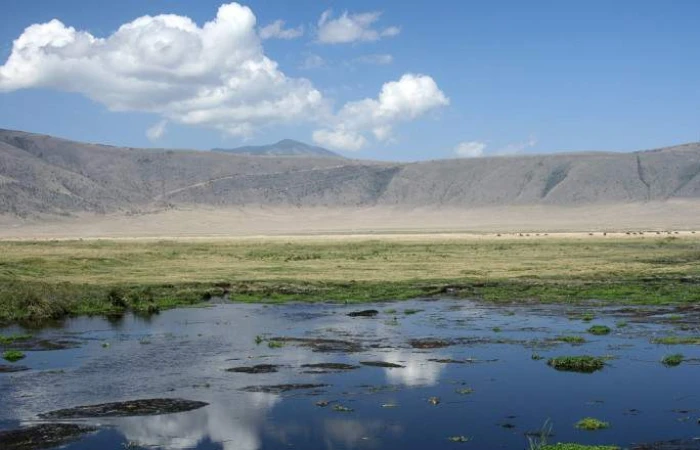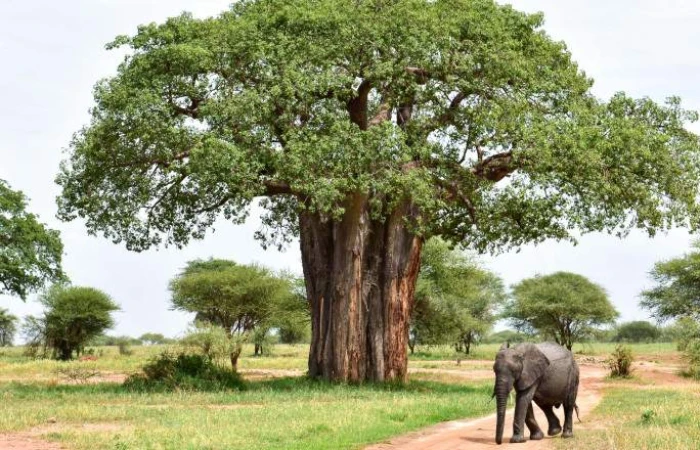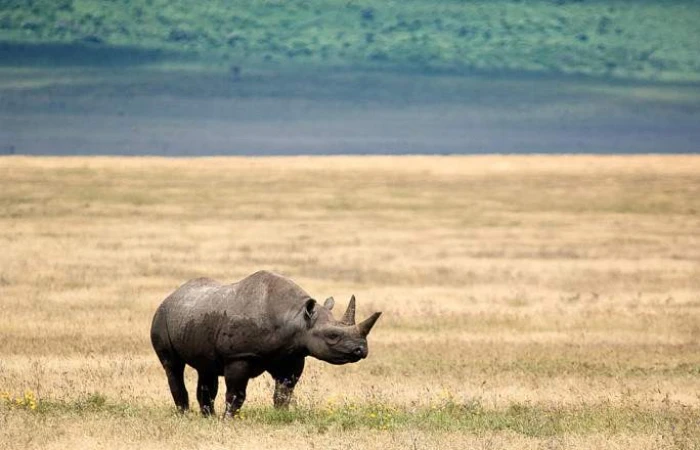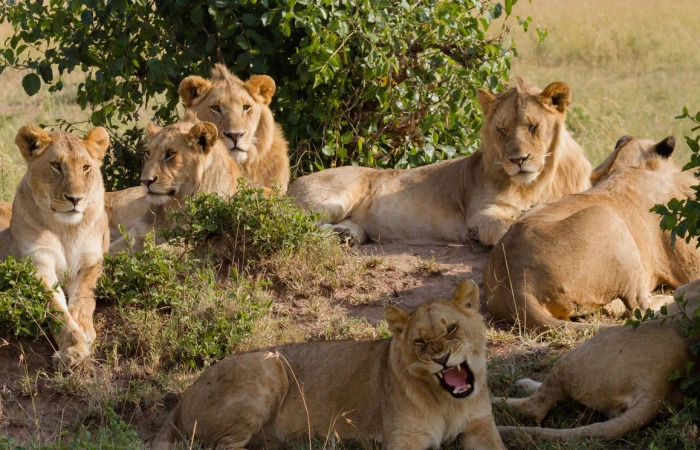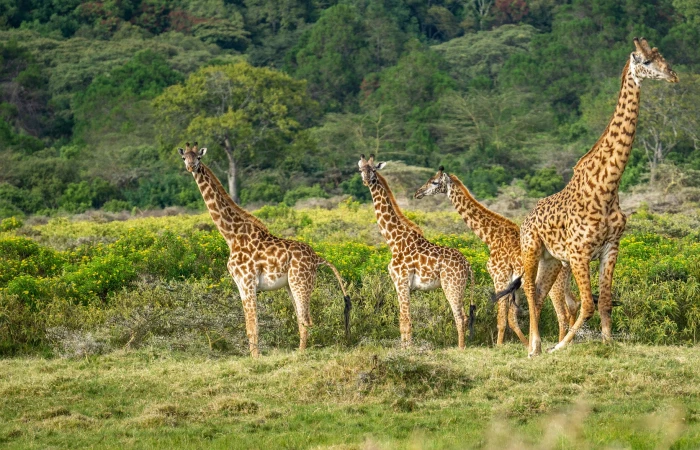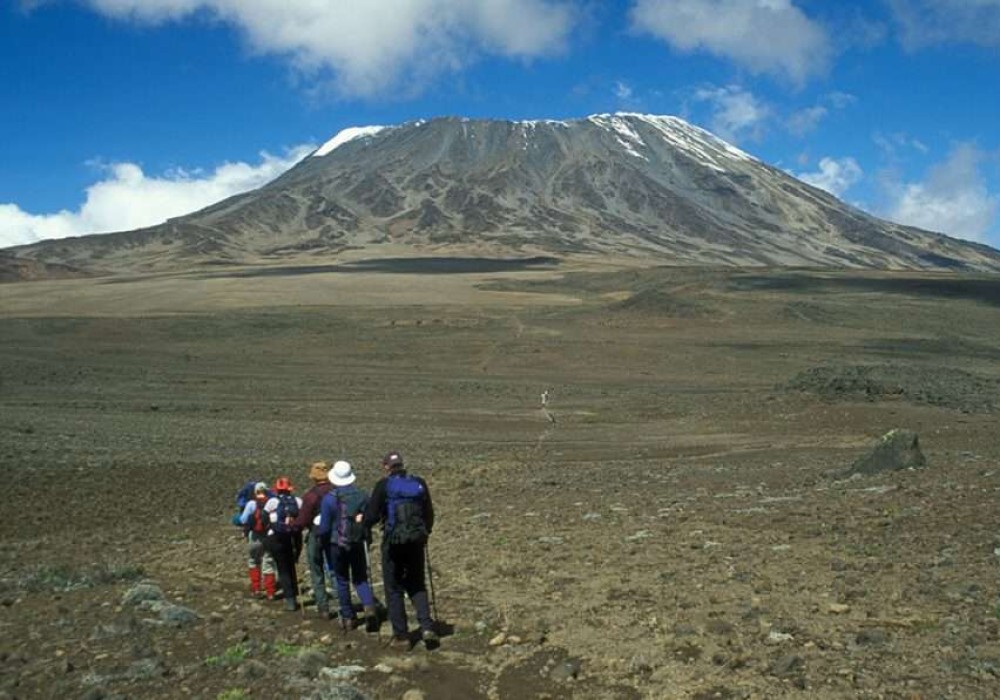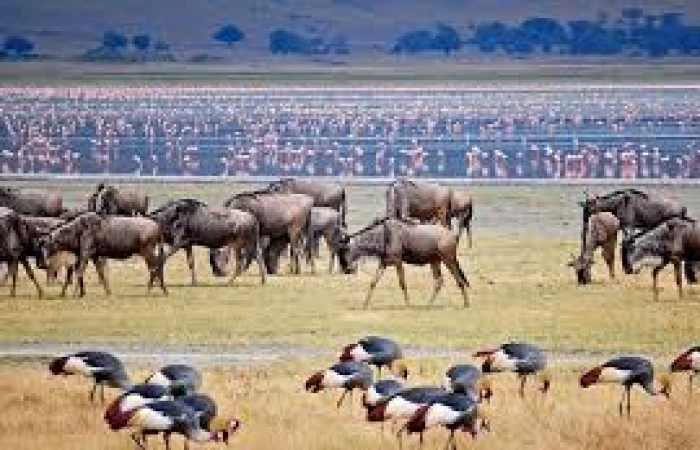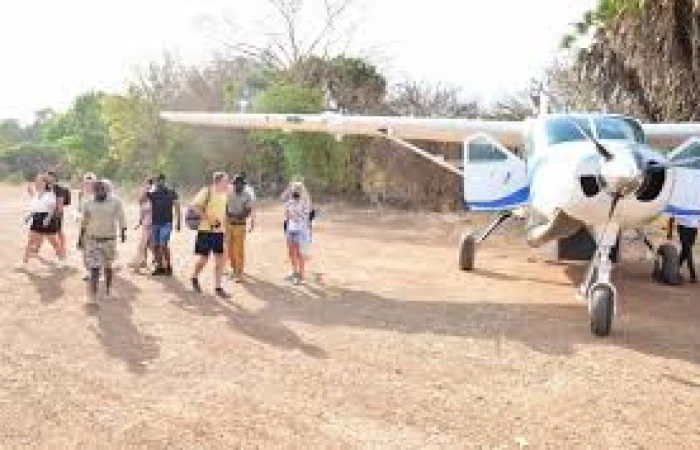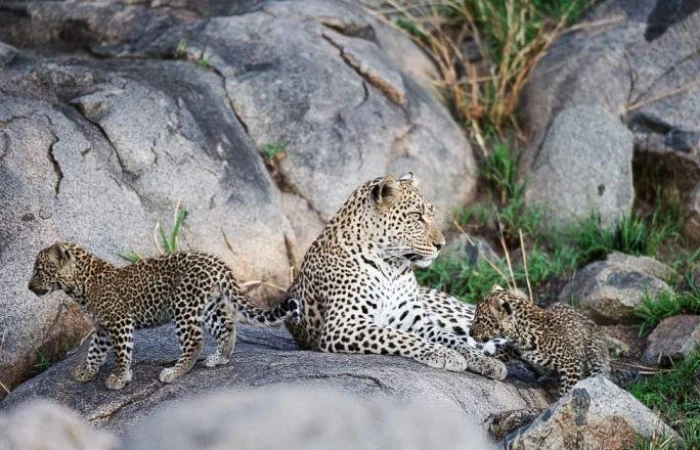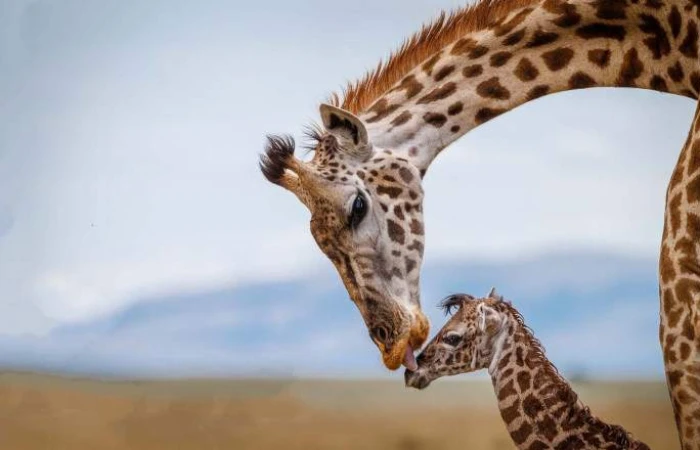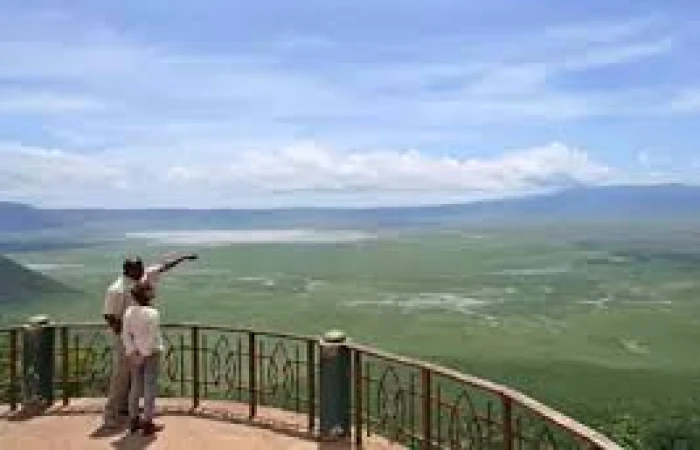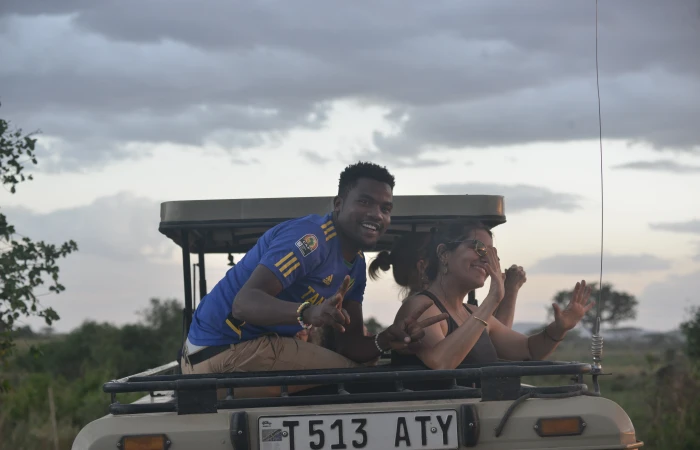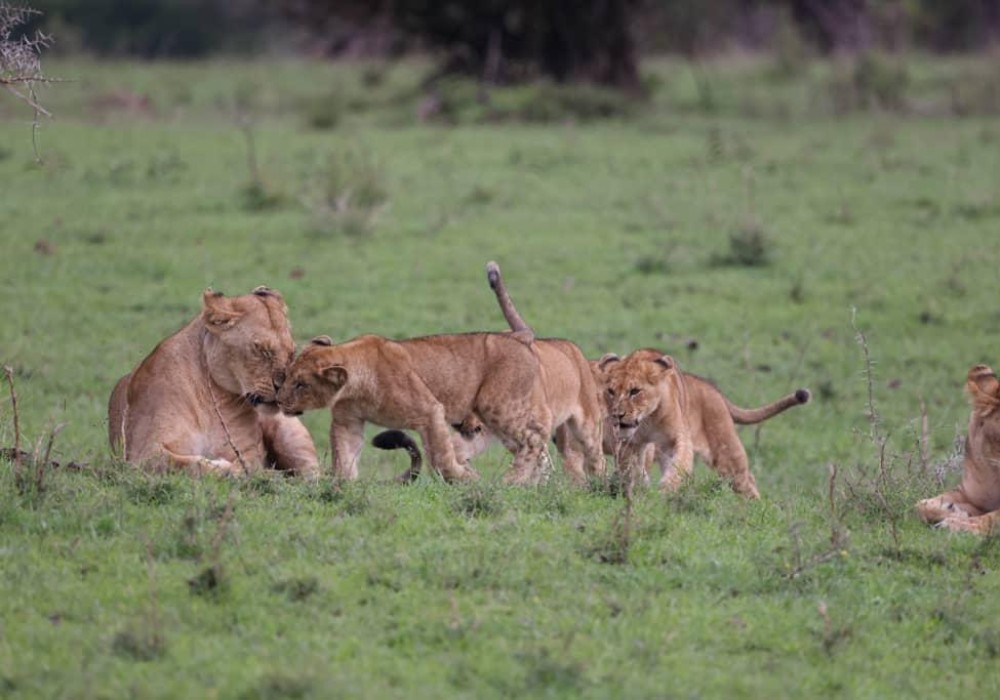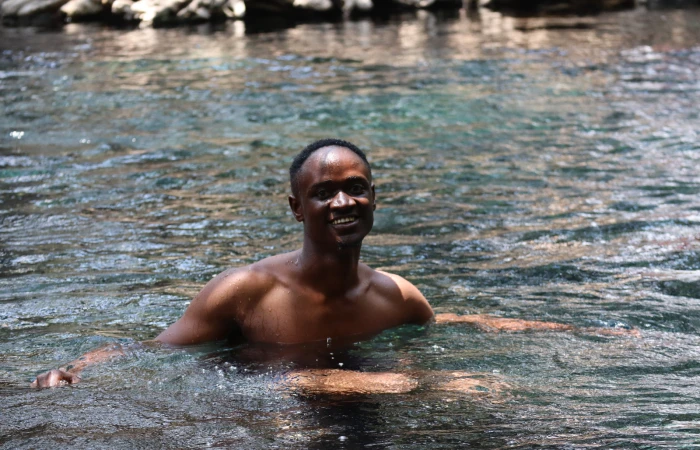Tour highlight
-
Main Destination :Northern tanzania
-
Tour may be offered as :
- Mid Range
- Private
- Culture
- Religious
- Budget
-
Tour Duration:Day: 1
-
You Visit:
- Arusha
- Manyara
Tour Over View:
on this day trip eithrt from arusha or from safari, you will get a chance to see, visit, and hunt with the hadza tribe and datoga and finish with lake eyasi (salt lake)
Tour itinerary:
The Hadzabe, Datoga, and Maasai are distinct ethnic groups in East Africa, each with its own unique culture. Here's an overview of each culture:
Hadzabe:
The Hadzabe are an indigenous ethnic group in Tanzania, primarily residing around Lake Eyasi and the Serengeti Plateau. They are one of the last remaining hunter-gatherer communities in Africa, known for their ancient way of life that revolves around hunting and gathering in the bush.
Their culture places a strong emphasis on their deep connection with nature and the land. They live in small, mobile camps and traditionally rely on their extensive knowledge of the environment to find food, using bows and arrows for hunting and gathering wild fruits, honey, and tubers. The Hadzabe have a unique language, characterized by click consonants, and their traditional beliefs and rituals are deeply rooted in animism and ancestral spirits.
Datoga:
The Datoga, also known as the Barbaig, are a pastoralist ethnic group residing in northern Tanzania and parts of Kenya. They are traditionally cattle herders and are known for their expertise in raising livestock, particularly cattle.
The Datoga are skilled blacksmiths and are renowned for their metalworking skills, crafting weapons, tools, and jewelry from iron and brass. Their culture places a strong emphasis on cattle, which hold great cultural and economic significance for them. The Datoga are organized into clans, and marriage plays a crucial role in their social structure. They also have traditional healing practices and religious beliefs that involve ancestral spirits and ritual ceremonies.
Include
- Lunch
- Breakfast
- All Fees and Taxes
- Transport
- Gear
- Entry/Admission: Lake Eyas
Exclude
- tips
- any activity not mentioned in the itinerary
- Entry/Admission: Karatu
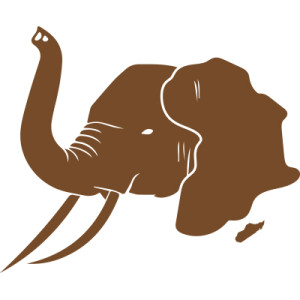
- GodyTour Expert
- Tour Expert
Lake eyasi and tribes hadzabedatoga
Yes, most visitors to Tanzania require a visa. You can obtain a visa in advance from a Tanzanian embassy or consulate, or you can get a visa on arrival at the airport or border entry points. It's recommended to check the visa requirements and application process beforehand to ensure a smooth entry into the country.
Tanzania offers a range of accommodations to suit different preferences and budgets. Options include luxury lodges, tented camps, mobile camps, and budget-friendly campsites. Some lodges and camps are located inside the national parks, while others are situated in private concessions adjacent to the parks.
Tanzania is known for its diverse wildlife. On a safari, you can expect to see animals such as lions, elephants, giraffes, zebras, wildebeests, buffaloes, leopards, cheetahs, rhinos (in a few select areas), hippos, crocodiles, and a variety of antelope species. Birdlife is also abundant in Tanzania.
Essential items to pack for a Tanzania safari include lightweight and breathable clothing, comfortable walking shoes, a hat, sunscreen, insect repellent, binoculars, a camera, and any necessary medications. It's also advisable to pack layers for cooler mornings and evenings, as well as a waterproof jacket in case of rain.
Tanzania is generally considered safe for tourists, including safari-goers. However, it's always advisable to exercise caution and follow the guidance of your tour operator or guide. Be aware of your surroundings, listen to instructions, and take necessary precautions to ensure a safe and enjoyable experience.
The best time for a safari in Tanzania depends on what you want to see and experience. The dry season from June to October is popular as wildlife congregates around water sources. The wildebeest migration usually takes place from December to July. However, different parks have different peak seasons, so it's advisable to research specific regions and their seasonal patterns.
The duration of your safari depends on your interests and the specific areas you wish to visit. Many people opt for a 4- to 7-day safari, which allows for a good wildlife experience in multiple parks. However, it's also possible to extend your safari and combine it with other attractions, like the beaches of Zanzibar or cultural visits.
